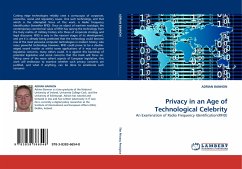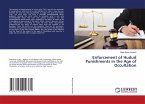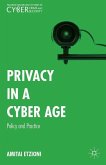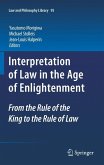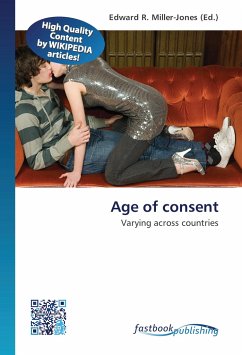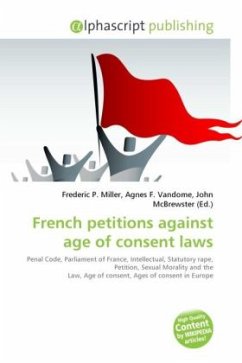Cutting edge technologies reliably raise a cornucopia of corporate, economic, social and regulatory issues. One such technology, and that which is the attempted focus of this work, is Radio Frequency Identification (hereafter RFID). Once an object of wartime nostalgia; the contemporary commercial value of RFID has sprung the technology from the fusty realms of military history into those of corporate strategy and legal discourse. RFID is only in the nascent stages of its development, and yet it is already being predicted that the technology could become one of the most pervasive computer technologies in modern history. Like every powerful technology however, RFID could prove to be a double-edged sword insofar as whilst some applications of it may not pose legislative concerns, many others could. It is against this backdrop of potential legislative and social concerns that this book will focus on. Taking some of the more salient aspects of European legislation, this work will endeavour to examine whether such privacy concerns are justified, and what if anything, can be done to ameliorate such concerns.
Bitte wählen Sie Ihr Anliegen aus.
Rechnungen
Retourenschein anfordern
Bestellstatus
Storno

